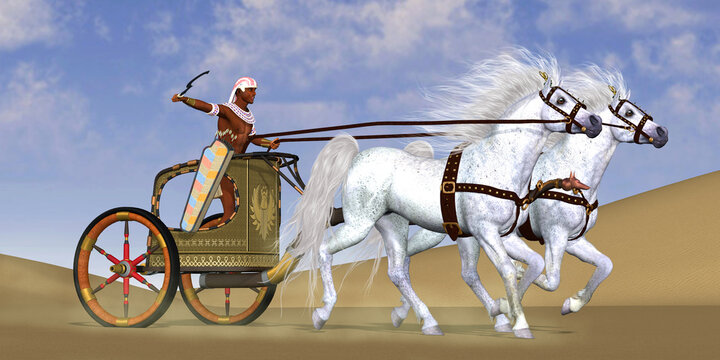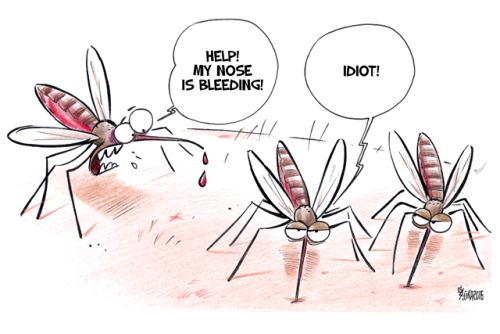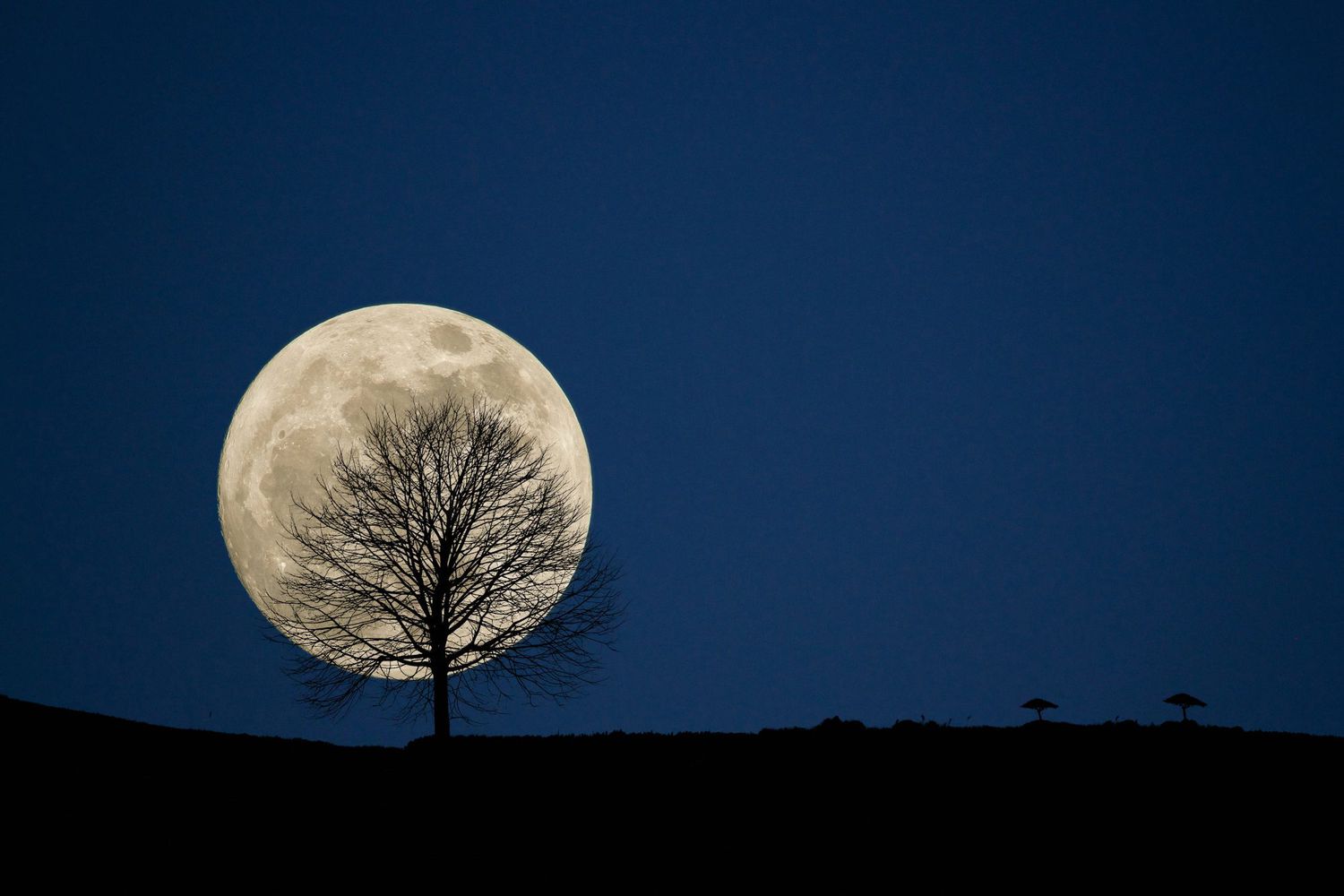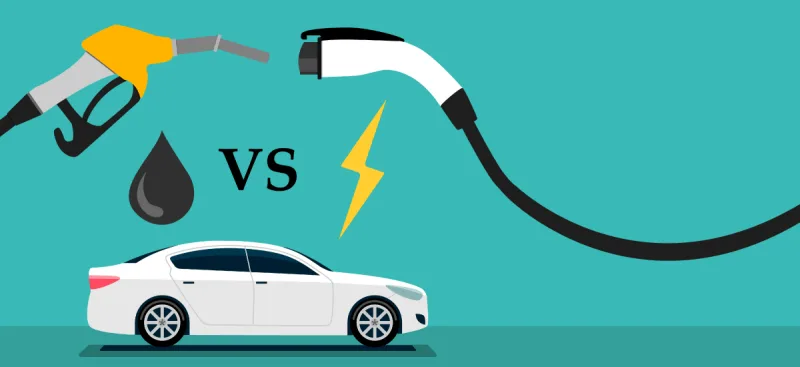
Introduction
Let’s be honest—our relationship with fossil fuels is like a toxic ex. We know it’s bad for us, we know we should move on, but here we are, still addicted. Every day, we pump our cars full of ancient dino juice and pretend there’s an infinite supply. Spoiler alert: There isn’t.
So, what happens if we wake up one fine morning and POOF!—no more gas, no more coal, and no more oil? Would civilization crumble like a Jenga tower? Would we finally have to take up jogging instead of driving? Buckle up (in your now-useless car), because we’re about to explore this fuel-free future.
Phase 1: The Global Panic Attack
The first 24 hours after fossil fuels vanish would be absolute mayhem. Gas stations would look like scenes from a zombie apocalypse. People would be trying to siphon the last drops of fuel, while others hoard bicycles like it’s the new Bitcoin.
- Airlines? Grounded. Congratulations, you just took your last vacation.
- Trains? Stuck in place. Hope you brought a good book.
- Cars? Now expensive garden ornaments.
Governments would hold emergency meetings, probably via Zoom, since even Air Force One would be grounded. “Ladies and gentlemen, we regret to inform you that the modern world was built on a very fragile house of oil-covered cards. Good luck.”
Phase 2: The Rise of the Bicycle Kingdom
With no gasoline, people would turn to alternative transportation. Bicycles would become the new gold standard. If you own a bicycle, congratulations, you’re now a member of the elite. Black markets would emerge, trading snacks for spare tires.
- New societal hierarchy: Cyclists at the top, pedestrians below, and former luxury car owners weeping in the background.
- Electric scooters? Forget it. Electricity would be rationed for essential services, like powering memes and Netflix.
- Horses would make a comeback. We’d basically be forced into a historical reboot, but with better fashion choices.
Phase 3: The “Uh Oh, We Forgot About Shipping” Disaster
Fossil fuels don’t just power cars—they also run cargo ships, trucks, and planes. Which means global trade would go kaput.
- No more avocados from Mexico. Millennials weep.
- Your latest Amazon order? Yeah, it’s never arriving.
- Say goodbye to fresh sushi in landlocked cities.
Local farmers would become the new billionaires, trading carrots for Wi-Fi access. The world would have to adapt to seasonal eating—meaning you’re getting whatever your local soil provides. Don’t like turnips? Too bad, it’s turnip season for the next six months.
Phase 4: The Renewable Revolution (a.k.a. We Told You So)
At this point, scientists and engineers, who have been screaming about renewable energy for decades, would smugly say, “We told you this was coming!” But now, instead of TED Talks, they’d be handing out solar panels like Oprah.
- Cities would rush to install wind turbines everywhere (even if they ruin Instagram-worthy skylines).
- Every rooftop would be plastered with solar panels.
- Geothermal plants? Suddenly, very sexy.
Of course, there would still be issues. Solar panels don’t work at night, wind turbines need wind, and geothermal plants are… underground (who knew?). But hey, it’s better than sitting in darkness with only candlelight and regrets.
Phase 5: The Great Urban Exodus
With no gas, people would start fleeing car-dependent cities. Suburbs, designed entirely around the “drive-thru” lifestyle, would become ghost towns.
- No fuel means no garbage trucks. Enjoy your landfill home.
- No deliveries means supermarkets go bare. Time to learn to garden.
- No air conditioning means summers are going to be spicy (and not in a good way).
People would move closer to rural areas, where they can grow their own food and barter with neighbors. Those old “survivalist” types everyone used to laugh at? Yeah, they’re in charge now.
Phase 6: The Unexpected Silver Lining
Despite the chaos, some good things would happen:
- The air would clear up. No more smog. The stars would be visible again. Instagram influencers would go wild.
- People would walk more. Who needs gyms when your daily commute is a 10-mile hike?
- Wildlife would thrive. Less pollution means cleaner oceans, happier penguins, and dolphins high-fiving each other.
Cities would be forced to rethink infrastructure. Public transport would run on clean energy, and walking would become the primary mode of transportation (which is great, except for people who still refuse to wear comfortable shoes).
FAQs:
- What happens if fossil fuels run out?
- We’d see mass panic, fuel hoarding, global trade collapse, and a sudden obsession with bicycles.
- Will we survive without fossil fuels?
- Absolutely! But expect a chaotic transition involving rationed electricity, local farming, and a renewed appreciation for walking.
- What alternatives exist if fossil fuels run out?
- Solar, wind, hydro, and geothermal energy. Plus, horses. Lots and lots of horses.
- How would transportation be affected?
- Say goodbye to gas-powered cars, planes, and ships. The world will shift towards bicycles, electric vehicles, and good old-fashioned walking.
- Would running out of fossil fuels be good for the environment?
- Yes! Less pollution, cleaner air, and happier wildlife. But humans will struggle during the transition.
- Would food production be affected?
- Absolutely. No fuel means disrupted supply chains, making locally grown food the only reliable source.
- How soon will fossil fuels run out?
- Estimates vary, but many sources predict we could see severe depletion in the next 50-100 years.
- What industries would collapse first?
- Airlines, shipping, and agriculture would take the hardest hits.
- Would cities become unlivable?
- Some car-dependent cities would struggle, forcing people to migrate to more walkable or sustainable regions.
- Would renewable energy be enough to replace fossil fuels?
- Eventually, yes. But the transition won’t be smooth or immediate.
Thesaurus
- Fossil Fuel – Non-renewable energy sources like coal, oil, and gas. Basically, Earth’s ancient leftovers.
- Depletion – The act of using up a resource until it’s gone. Like eating the last slice of pizza.
- Renewable Energy – Energy sources that replenish naturally, like solar, wind, and hydro.
- Climate Change – Long-term shifts in temperature and weather patterns caused by human activities.
- Energy Crisis – A severe shortage of energy resources leading to economic and social disruptions.
- Bicycle Economy – A hypothetical future where bicycles dominate as the primary mode of transport.
- Geothermal Energy – Heat energy from within the Earth, used for power generation.
- Hydroelectric Power – Electricity generated from moving water.
- Solar Panels – Devices that convert sunlight into electricity.
- Wind Turbine – A device that converts wind energy into electrical power.
- Oil Reserves – The estimated amount of crude oil available for extraction.
- Supply Chain – The network involved in producing and distributing goods, heavily reliant on fossil fuels.
- Sustainable Living – A lifestyle that reduces environmental impact.
- Electric Vehicle (EV) – A vehicle powered by electricity instead of gasoline.
- Carbon Emissions – Greenhouse gases released by burning fossil fuels.
- Public Transport – Buses, trains, and other shared transportation systems, which would be heavily affected.
- Horseback Travel – A likely alternative if fossil fuels disappear entirely.
- Biofuel – Fuel derived from organic materials like plants or waste.
- Grid Collapse – When an energy network fails due to demand exceeding supply.
- Doomsday Preppers – People who prepare for catastrophic events, probably laughing at us right now.
External Resources:
- International Energy Agency (IEA) – Global Energy Outlook
- National Renewable Energy Laboratory (NREL)
- United Nations Climate Change
- World Economic Forum – Future of Energy
- NASA Climate Change
- Carbon Tracker – Fossil Fuel Reserves
Conclusion: Would It Really Be That Bad?
Would life without fossil fuels be a total nightmare? At first, absolutely. We’d panic, loot, and complain like never before. But over time, we’d adapt, just like humans always do.
- We’d learn to live with renewables.
- We’d build better, more efficient cities.
- We’d finally appreciate bicycles.
And maybe, just maybe, we’d stop treating the Earth like an all-you-can-burn buffet. So, the next time someone scoffs at electric cars, wind farms, or solar panels, just remember—when the fossil fuel tap runs dry, those “tree huggers” are going to look like absolute geniuses.
And if you’re still upset about a world without fossil fuels, don’t worry—there’s always the possibility of hitching a ride on a horse-drawn Tesla.
Final Thought: If we had spent as much time investing in renewables as we did debating climate change, we’d probably be zooming around in solar-powered jetpacks by now. But hey, who doesn’t love a little last-minute panic?
“What If We Run Out of Fossil Fuel?






